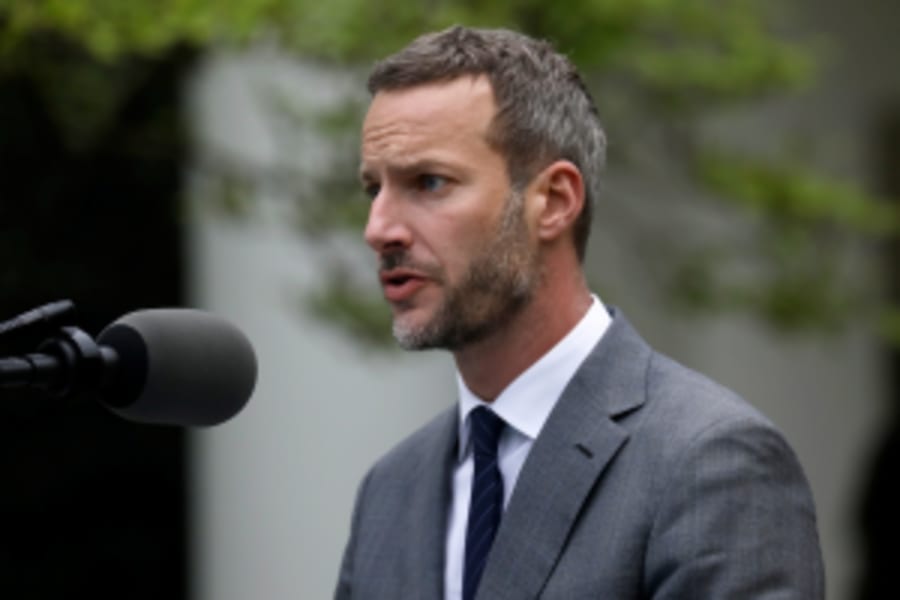Survivor of Nova festival massacre walks Cannes red carpet wearing dress depicting Israeli hostages
She was reportedly told by security not to stay long

This year there are hardly any Israeli directors, actors, actresses or producers at the Cannes Film Festival in France, which opened on Wednesday.
Among the few Israelis attending is French-Israeli Laura Blajman-Kadar, a co-organizer of the Nova Music Festival last year and a survivor of Hamas' October 7 massacre.
Among the few Israelis attending is French-Israeli Laura Blajman-Kadar, who co-organized last year's Nova Music Festival and a survivor of the Hamas massacre on Oct. 7.
Blajman-Kadar walked the red carpet in a voluminous, bright yellow dress – symbolizing the yellow ribbon that calls for the release of the approximately 132 Israeli hostages in Gaza. The dress was decorated with the faces of some of the remaining captives with the words “Bring them home.”
However, not long after arriving on the red carpet, several security guards reportedly told her not to stay too long, according to the Jerusalem Post.
The French-Israeli survivor posted a photo of herself wearing the dress on Instagram with the following caption: “It wasn’t easy but with the help of amazing people we succeeded! We will not allow the world to forget you!!! BRING THEM HOME!!!”
Blajman-Kadar's appearance in Cannes is part of her ongoing campaign to raise awareness about the horrific massacres and the plight of the hostages, an effort she has pursued since Oct. 7.
“This 35-year-old French-Israeli woman was invited to the red carpet, and took the opportunity to remind the world of the fate of the hostages held in Gaza for more than seven months,” wrote Le Parisien regarding Blajman-Kadar's appearance.
On the day of the massacre, Blajman-Kadar hid with her husband and seven friends for four hours in a caravan, as the killings and mass rapes took place around them.
She released a book in French about her survival called, “Croire en la vie” (Believe in Life), to raise awareness in France about what happened on the day Israelis now refer to as the "Black Shabbat."
“I am French-Israeli. I was born in France and my book is coming out in French, first of all because it is for the French,” she told Radio France in March.
“The purpose of my book was to explain to people a little bit what happened. One person came to dance one weekend and lost so many friends. It’s to talk a little bit about our life in Israel, about the fact that I live in a mixed city with my Arab neighbors and how we live together."
“I tell in my book, minute by minute, about this long day. The thoughts we had. We understood that this is not an attack on the festival, but an attack on the whole of southern Israel and that a war is beginning. We understood that there is no one who will be able to come and save us…" Blajman-Kadar continued.
“During all these hours, we heard a massacre, we heard gunshots, we heard people falling to the ground, but we couldn’t see. When we got out, it was really one of the most horrible things I’ve seen in my life. Dozens of people on the ground, killed by terrorists, a lot of festival-goers.”

The All Israel News Staff is a team of journalists in Israel.
You might also like to read this:














